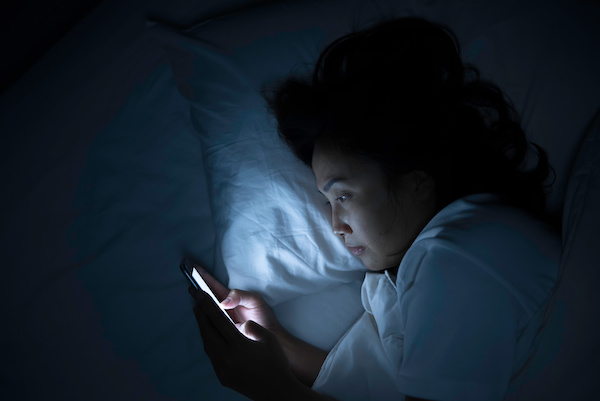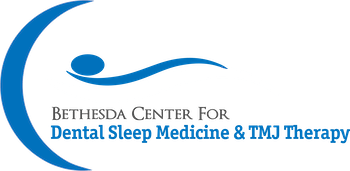Alcohol and Sleep Apnea – the Recipe for a Groggy Morning
August 15, 2022

If you have sleep apnea, the condition that causes you to wake up without even realizing it multiple times in the night due to an obstruction in the airway, there are a few things you need to be aware of. First: seeking treatment is crucial for regaining your restful night’s sleep. Second: there are things you may be doing to make sleep apnea worse – like drinking alcohol. Keep reading to learn about the connection between alcohol and sleep apnea and steps you can take to get a better night of sleep!
Risks of Poor Sleep
Everyone knows they feel better during the day when they’ve had the appropriate rest the night before, but did you know that there are serious risks to your health and wellness when you don’t sleep well on a regular basis?
People who have conditions like sleep apnea and snoring are more likely to suffer from depression, anxiety and poor metabolism, and they are at-risk for serious health conditions like heart disease and diabetes. Plus, excessive sleepiness during the daytime can lead to poor performance at work and car accidents.
How Alcohol Affects Sleep and Sleep Apnea
There’s a reason many people enjoy a glass of wine or cocktail in the evening. Alcohol is a depressant, which means it relaxes the muscles in your body – and after a long day, that drink can signal that it’s time to chill.
Unfortunately, that same relaxing effect lingers into the night. And, for people at-risk for sleep apnea, that means that it’s even harder for the muscles that control breathing while unconscious may not work as effectively. As a result, they collapse and block the airway – causing snoring, frequent waking to resume breathing, and most likely a tired, groggy, and cranky feeling the next day.
Sleep Apnea Treatment
Fortunately, there is effective treatment for sleep apnea and snoring, and the first step to getting the help you need is being properly diagnosed. Visit your doctor or a trained sleep dentist to discuss your symptoms. They will likely recommend a sleep study, which monitors your body while you rest and will help them understand just what is going on during those 7 or 8 hours that you are snoozing (however poorly).
Once a diagnosis has been reached, you and your doctor or dentist can discuss an appropriate treatment plan. A removable oral appliance is a convenient, easy-to-use option that helps many people drastically improve the quality of their sleep.
Meet the Sleep Dentist
Dr. Bernard L. Greenbaum studied dentistry at Georgetown University and continues to stay up-to-date on the latest in the field by completing advanced education in areas including sleep apnea and snoring treatment. He is a diplomat of the American Board of Dental Sleep Medicine and, as such, is a trusted source of sleep solutions for patients in and around Bethesda. To learn more about alcohol’s effect on sleep or to schedule a consultation for sleep apnea therapy, contact Dr. Greenbaum’s office at (301) 530-0552.
